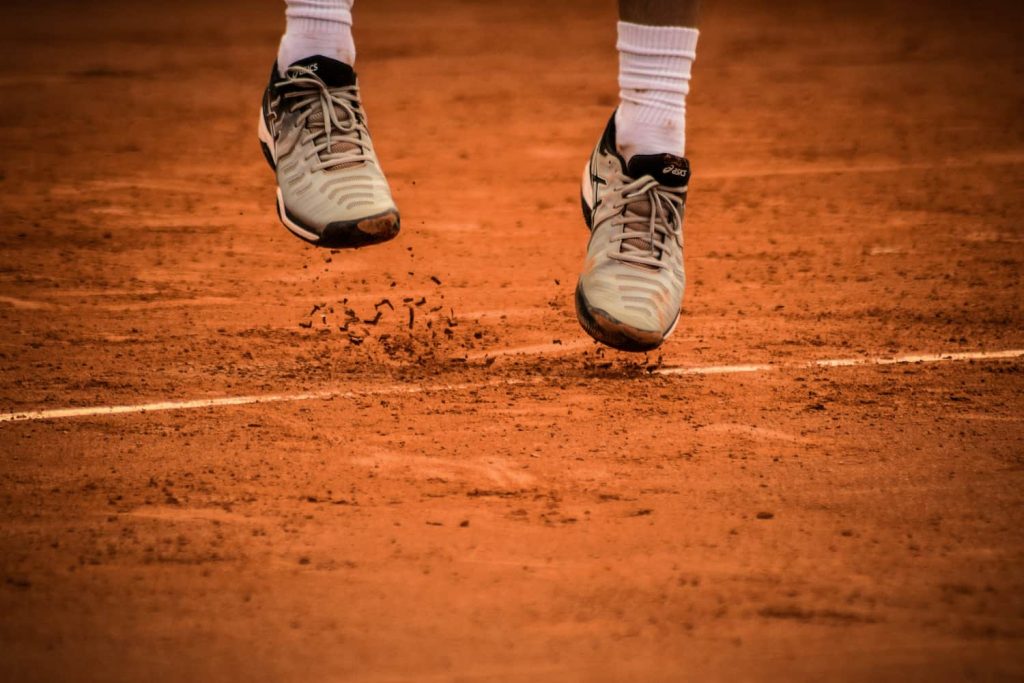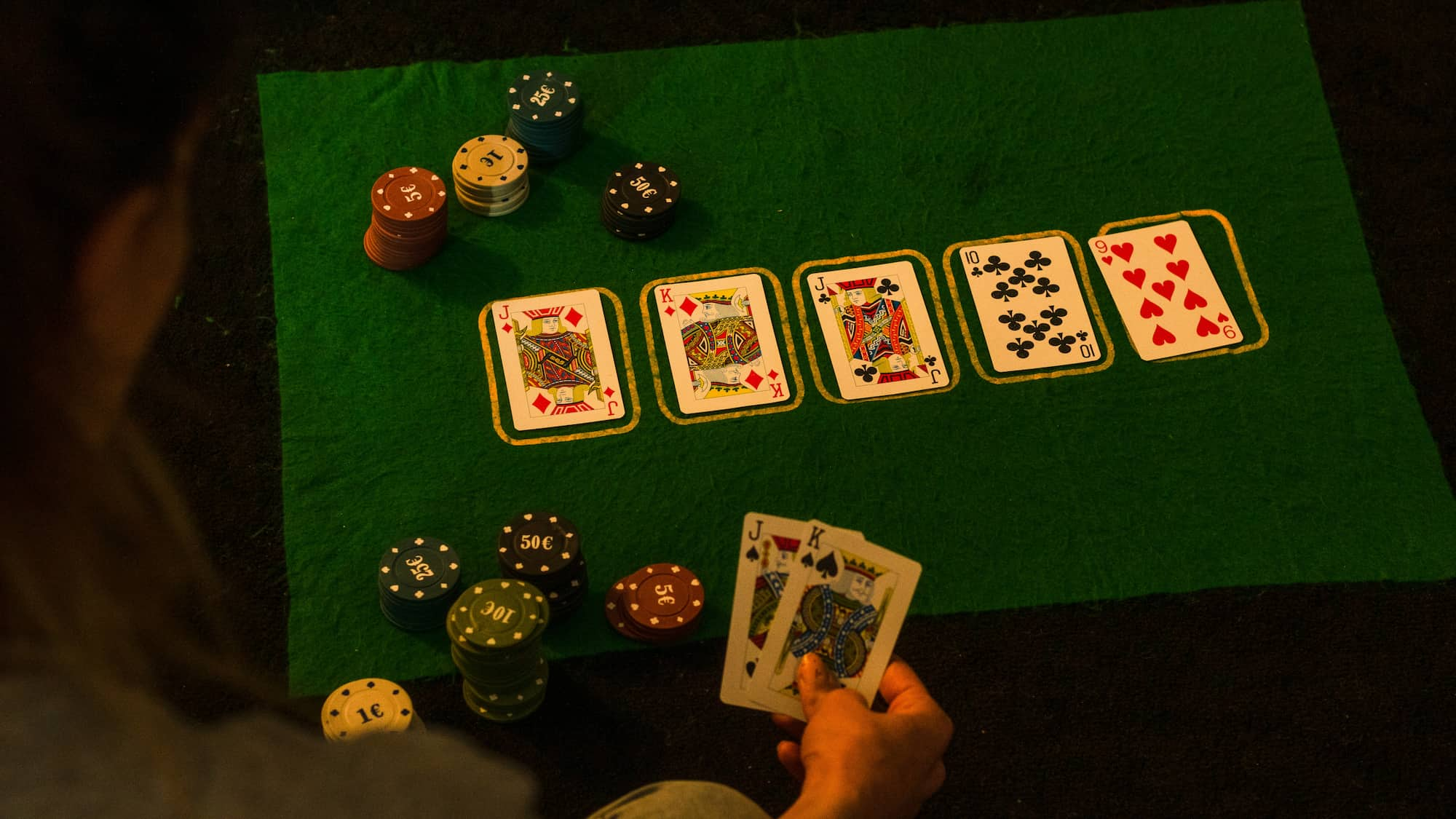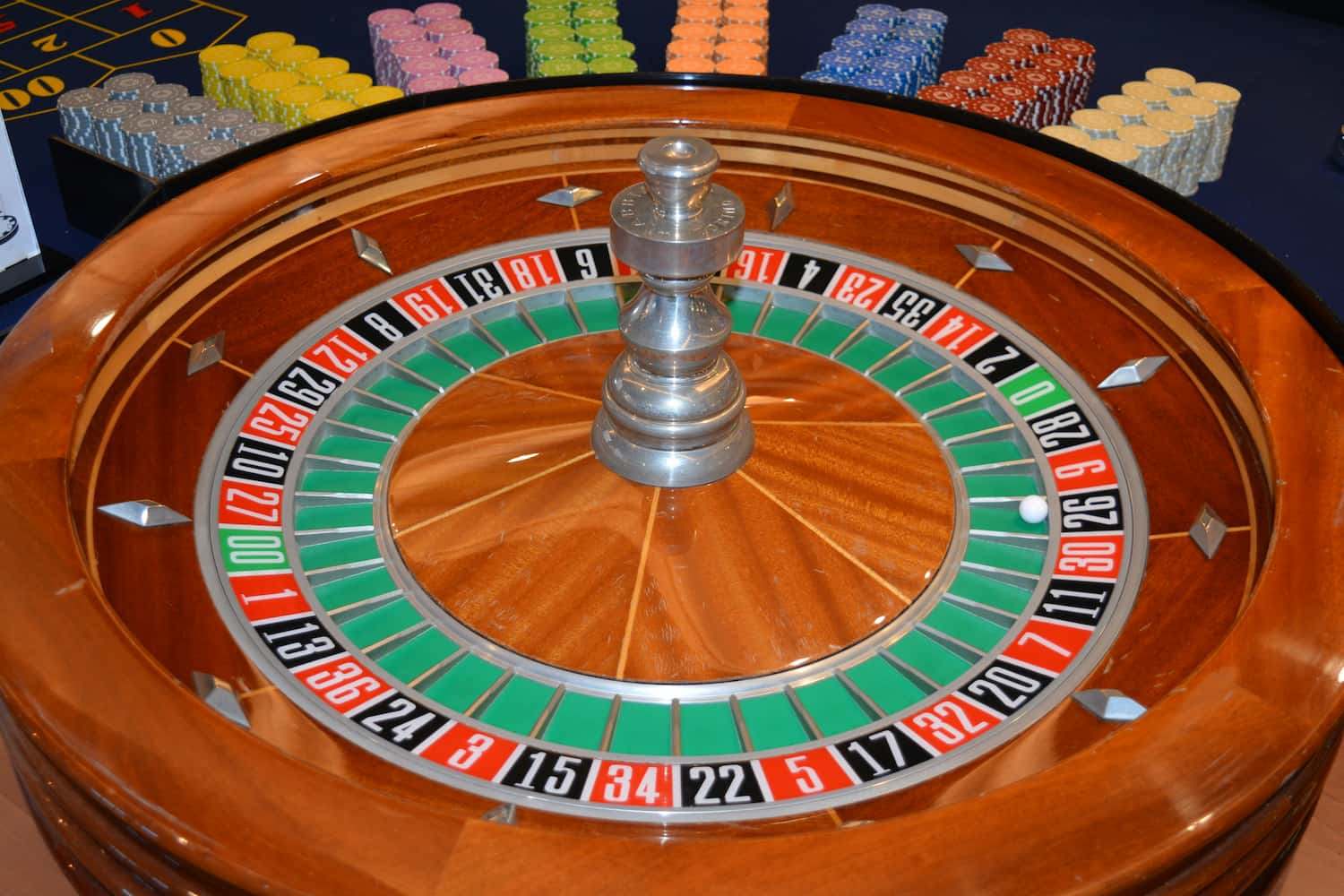Casinos thrive on psychology. One of their most powerful tools? The near-miss. It’s that moment when you’re so close to winning—just one number off in roulette, one card away from a flush, or the slot machine at 22Bet stopping just short of a jackpot.
The Brain’s Reaction: Dopamine and Reward Systems
Your brain loves rewards. Winning in a casino triggers a flood of dopamine—the “feel-good” neurotransmitter. It’s the same chemical released when you eat delicious food or achieve a goal.
But here’s the trick: Near-misses also release dopamine. Studies show that gamblers experience a spike in brain activity even when they almost win. The brain mistakenly treats near-misses as encouragement rather than failure. It keeps players engaged, making them feel like success is imminent.
Why Near-Misses Feel Like Progress
Imagine you’re playing a slot machine. You need three cherries to win. The reels spin, and two cherries appear—then the third lands just above the payline.
That almost win makes it feel like you’re improving like you’re “getting closer.” But in reality, slot machines are random. The odds don’t change, no matter how many times you play. This false sense of progress keeps people spinning. They think the next win is within reach.
Gamblers vs. Non-Gamblers: Who Falls for It?
Casual players and seasoned gamblers react differently to near-misses. Studies show that non-gamblers see them as what they are—losses. They shrug and move on.
Regular gamblers, however, respond differently. Their brains light up in areas linked to motivation and learning. To them, a near-miss isn’t just a loss. It’s a reason to keep going.
This psychological trap helps explain gambling addiction. The more someone plays, the more near-misses reinforce the idea that a win is coming.
Slot Machines: Masters of the Near-Miss

Ever noticed how often slot machines seem to almost land on the jackpot? That’s not an accident.
Modern slot machines use algorithms designed to produce frequent near-misses. This keeps players engaged, making them believe they’re just one spin away from a big payout.
In reality, each spin is independent. The odds don’t change based on previous results. But near-misses create the illusion that persistence will pay off.
The “Just One More” Effect
You tell yourself, Just one more bet. You feel like the next roll, spin, or hand will finally deliver the win.
This is a classic effect of near-misses. Instead of walking away, players double down. They believe they’re due for a win, even though the odds haven’t changed.
This is why near-misses are dangerous. They create a cycle where players keep betting, thinking they’re close to success.
Near-Misses in Sports Betting
It’s not just slot machines and roulette. Sports betting also plays into the near-miss effect. Let’s say you bet on a soccer match. Your team leads for 89 minutes, but the opponent scores in the final moments. You almost won. That near-miss makes you feel like you made a smart bet. It encourages you to try again, convinced that next time, luck will be on your side.
The Role of Emotion in Near-Misses
Emotion plays a massive role in gambling. Near misses don’t just trigger logical thinking—they feel personal. A player might think: The machine knows I was close. The dealer is messing with me. The universe wants me to keep going. In reality, gambling is random. But emotions make people see patterns that don’t exist.
Casinos Know How to Use Near-Misses
Casinos are designed to keep players in their seats. They use sounds, lights, and game mechanics to maximize engagement. Near-misses are one of their most effective tools. Slot machines, table games, and even scratch cards are programmed to create wings that are almost frequent enough to keep players hooked. It’s no accident that so many bets feel close to paying off.
The Illusion of Control
Near misses make gamblers feel like they have control. They think they’re learning the game or getting better at predicting outcomes.
But in games of chance, skill doesn’t matter. No amount of practice changes the odds of a slot machine or roulette wheel.
Despite this, near-misses give players a false sense of mastery. They keep betting, believing they influence the results.
Why Some People Chase Near-Misses More Than Others
Not everyone reacts the same way to near-misses. Some people walk away, while others feel the need to keep playing.
Personality plays a role. Competitive people are more likely to chase near-misses. So are those who struggle with impulse control.
People prone to risk-taking are also more vulnerable. They see near-misses as challenges rather than setbacks.
Breaking the Cycle: How to Avoid Falling for Near-Misses
Understanding near-misses is the first step to avoiding their trap. Here’s how to stay in control:
- Recognize them for what they are – A near-miss is still a loss.
- Set limits – Decide how much you’ll spend before you start playing.
- Take breaks – Distance helps break the emotional pull of near-misses.
- Don’t chase losses – The odds don’t change, no matter how close you are.





Leave a Reply